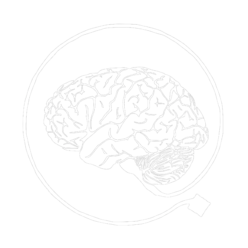Jared P. Friedman and Anthony I. Jack
Department of Philosophy and Inamori International Center for Ethics and Excellence, Case Western Reserve University
[Please cite the published version of this paper]
[PDF of Jared Friedman and Tony Jack’s conference paper]
1. Introduction
This method of watching or even occasioning a contest between [mutually exclusive metaphysical] assertions, not in order to decide it to the advantage of one party or the other, but to investigate whether the object of the dispute is not perhaps a mere mirage at which each would snatch in vain without being able to gain anything even if he met with no resistance – this procedure, I say, can be called the skeptical method…[T]he skeptical method aims…to discover the point of misunderstanding in disputes that are honestly intended and conducted with intelligence by both sides…” (Immanuel Kant, Critique of Pure Reason, 1787/1999, A423/B451-A424/B452; emphasis in original). Continue reading Mapping cognitive structure onto the landscape of philosophical debate: An empirical framework with relevance to problems of consciousness, free will and ethics
